Information about possible-security-threat-notification.com
Possible-security-threat-notification.com is a fake alert pop-up that hooks users to purchase the so-called removal service or removal programs which can cause lots of troubles. As long as you trust the fake alert and agree with the so-called certified live technician to fix your computer, your browser will be controlled completely. possible-security-threat-notification.com has the ability to modify the settings of your browser so that your new tab will be hijacked. In addition, it can spy on your online activities so as to promote search related ads.
possible-security-threat-notification.com can be bundled within free software, shared files, fake updates, spam email attachment, etc. Thus, you need to be very careful with these resources and pay more attention to default installation. It is suggested to deselect anything unfamiliar before you agree to install. What if you have been infected with this fake alert? No worries, the removal steps below will show you how to remove possible-security-threat-notification.com from your computer completely and safely.
Two effective ways to get rid of possible-security-threat-notification.com completely
Plan A: Remove possible-security-threat-notification.com Automatically with professional removal tool (hot)
Plan B: Remove possible-security-threat-notification.com Manually
Plan A: Automatically remove possible-security-threat-notification.com Permanently with SpyHunter.
SpyHunter is a powerful anti-spyware application which is aimed to help computer users to get rid of computer virus completely. It is easy to use and can get along well with other anivirus.
Step one: Download SpyHunter on your computer by clicking the icon below.
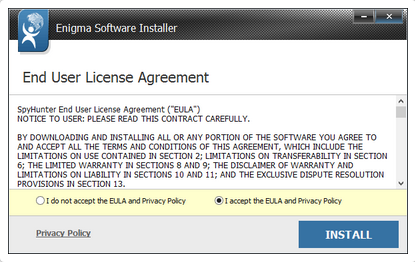
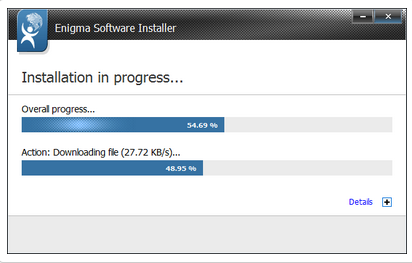
Step three: Please click Finish button once the installation completes.
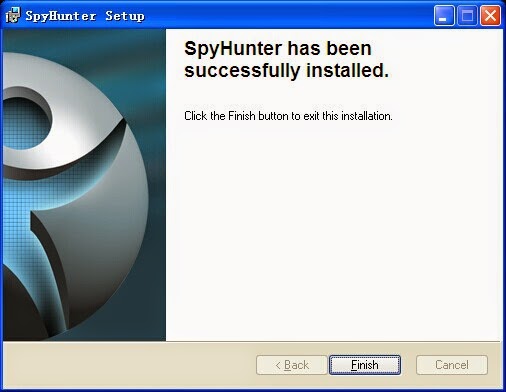

Plan B: Get rid of possible-security-threat-notification.com manually
Step one. Delete unwanted program from Control Panel
Go to the "Start" menu, select "Control Panel". Go to "Programs(Uninstall a program)". If the related items are in the list of your Programs, then select it and uninstall it.
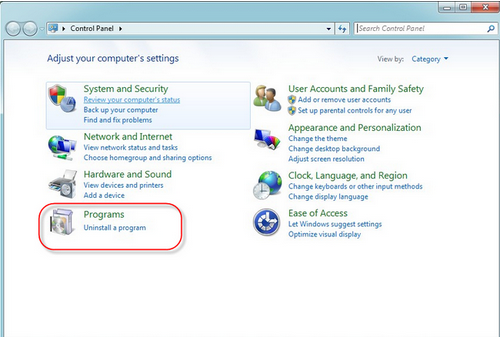
(Before you agree to reset your web browser, it would be better to back up your personal data like account usernames, passwords and bookmarks)
Google Chrome:
Click the Chrome menu (three wrench bar)-- choose “Settings”--Scroll down to the end of the page to click “Show Advanced Settings”--and then Scroll down again to click “Reset Settings“.

Internet Explorer
Click “Tool”--choose Internet Options--choose “advanced” tab--click “reset”--tick “Delete personal setting”--click “reset” to finish

Mozilla FireFox
Click on the orange Firefox icon--choose Help --choose Troubleshooting information--Reset Firefox--Choose Reset Firefox again--Click “Finish”

Step three: Delete relevant files and entries
You may need to delete associated registry entries from Registry Editor.
1. Click Start and Type "Run" in Search programs and files box and press Enter
2. Type "regedit" in the Run box and click "OK"
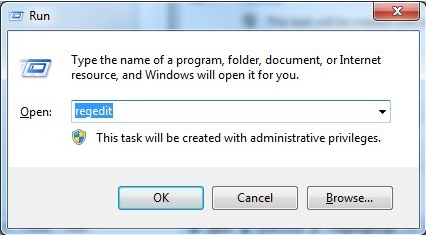
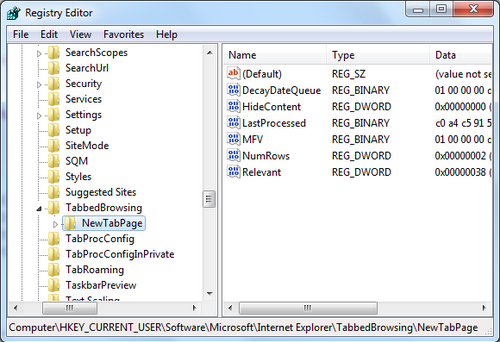
HKEY_LOCAL_MACHINE\Software\Microsoft\Windows NT\CurrentVersion\Random HKEY_CURRENT_USER\Software\Microsoft\Windows\CurrentVersion\InternetSettings “CertificateRevocation” =Random


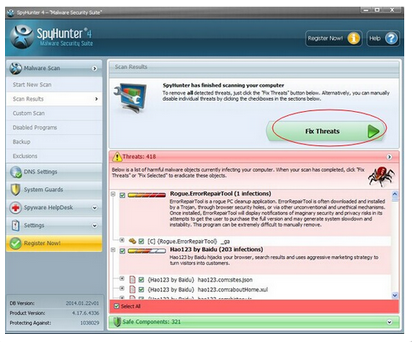
No comments:
Post a Comment
Note: Only a member of this blog may post a comment.